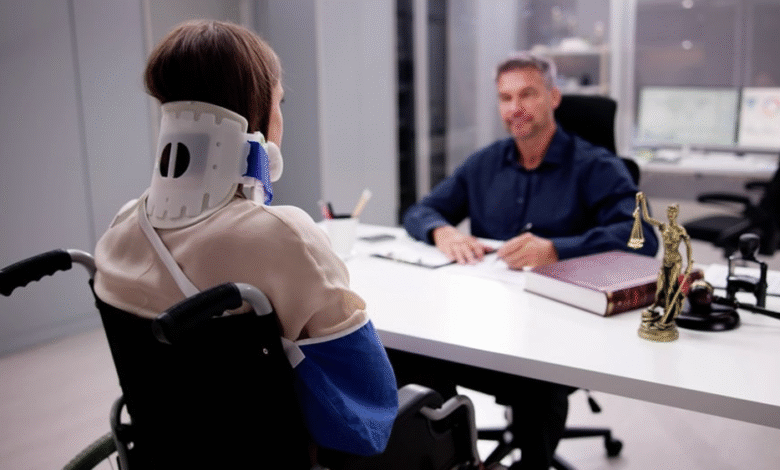How Workers Comp Lawyers Handle Repetitive Strain Injuries
When it comes to navigating the legal process to secure compensation, workers comp lawyers play a vital role in helping injured employees protect their rights and receive the benefits they deserve.

Repetitive strain injuries (RSIs) are among the most common workplace injuries, particularly in industries that require frequent repetitive motions such as typing, assembly line work, or manual labor. Although these injuries may develop gradually over time, they can significantly affect an employee’s ability to work and perform daily activities. When it comes to navigating the legal process to secure compensation, workers comp lawyers play a vital role in helping injured employees protect their rights and receive the benefits they deserve.
Understanding Repetitive Strain Injuries
RSIs encompass a variety of conditions, including carpal tunnel syndrome, tendonitis, bursitis, and rotator cuff injuries. Unlike sudden accidents, RSIs often develop slowly due to repeated motion, poor ergonomics, or prolonged physical activity. Because these injuries can accumulate over time, employees may not immediately recognize the connection between their symptoms and their workplace activities.
The gradual onset of symptoms can complicate workers’ compensation claims. Insurance companies may question whether the injury is work-related, which is why proper documentation and legal guidance are essential.
The Role of Workers Comp Lawyers
Workers comp lawyers assist clients in every stage of a repetitive strain injury claim, from filing paperwork to negotiating benefits. Their work includes:
- Evaluating the Claim
Lawyers begin by assessing the nature of the injury, the employee’s work history, and any medical documentation. They help determine if the injury qualifies for workers’ compensation benefits and guide the employee on the next steps. - Gathering Evidence
Because RSIs often develop over time, evidence is critical. Workers comp lawyers work with medical professionals to obtain detailed diagnoses, treatment records, and expert opinions. They may also collect workplace documentation, such as task descriptions, ergonomic reports, or evidence of repetitive duties, to support the claim. - Filing and Managing the Claim
Workers comp lawyers ensure that all forms are filed correctly and on time. They communicate with insurance companies on behalf of their clients and monitor the progress of the claim to prevent delays or denials. - Negotiating Settlements
Many repetitive strain injury claims are settled before going to court. Lawyers negotiate with insurers to secure fair compensation for medical expenses, lost wages, and future care. They advocate for clients to ensure settlements reflect the full impact of the injury on the individual’s life. - Representing Clients in Appeals or Hearings
If a claim is denied or disputed, workers comp lawyers are prepared to represent clients in administrative hearings or appeals. They present evidence, question witnesses, and make legal arguments to protect their client’s rights.
Why Legal Guidance Matters
Repetitive Strain Injuries can be complicated to prove, and without professional guidance, employees risk receiving less than they are entitled to—or having their claims denied entirely. Workers comp lawyers understand the nuances of repetitive strain injuries and workers’ compensation law, providing crucial expertise to navigate these complex cases effectively.
Preventive Measures and Advice
While legal recourse is important, preventing RSIs through proper workplace ergonomics and safe work practices is equally vital. Employers and employees can work together to implement regular breaks, adjustable workstations, and proper training to reduce the risk of long-term injuries.
Final Thoughts
Repetitive strain injuries may develop quietly, but their impact on an employee’s health and livelihood can be significant. Partnering with workers comp lawyers ensures that injured workers receive the guidance, support, and legal representation necessary to secure fair compensation. From evaluating claims to negotiating settlements and representing clients in disputes, these lawyers play an essential role in helping employees recover both physically and financially from workplace injuries.









